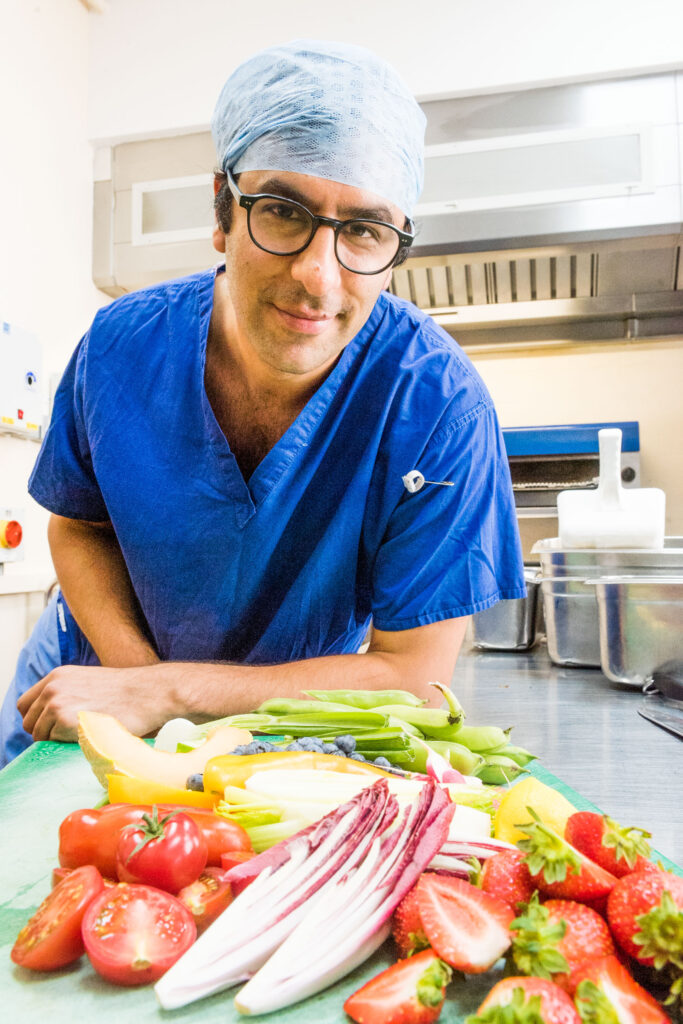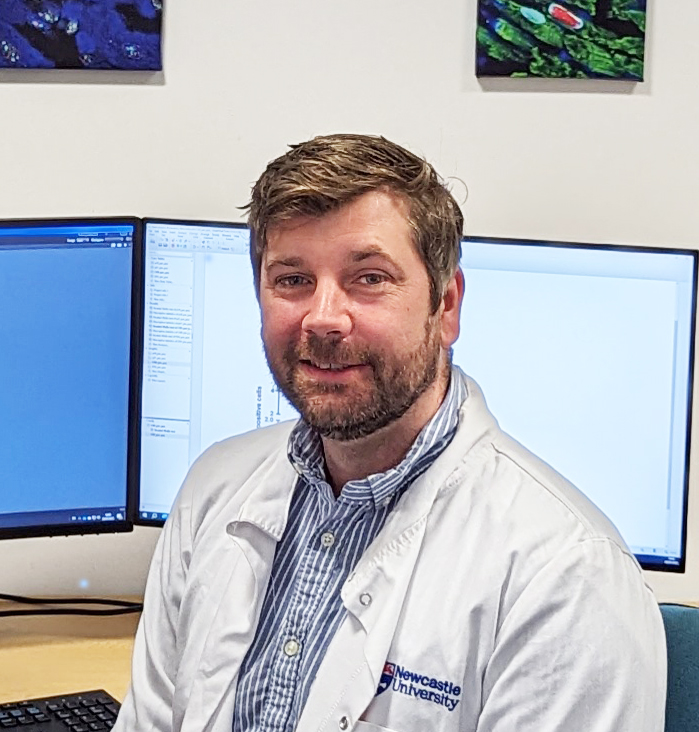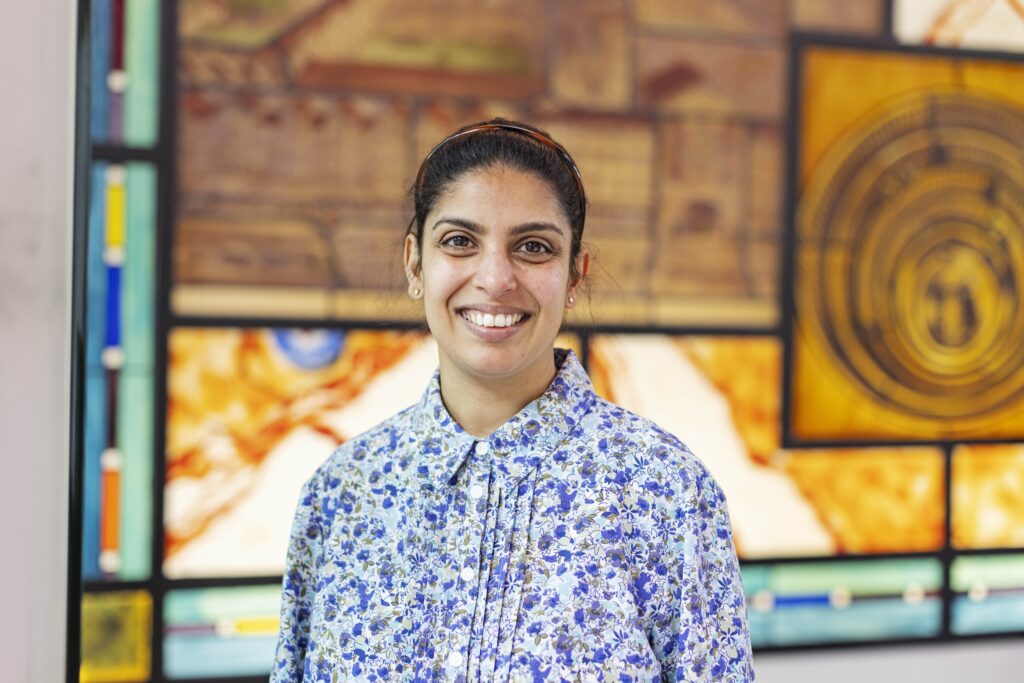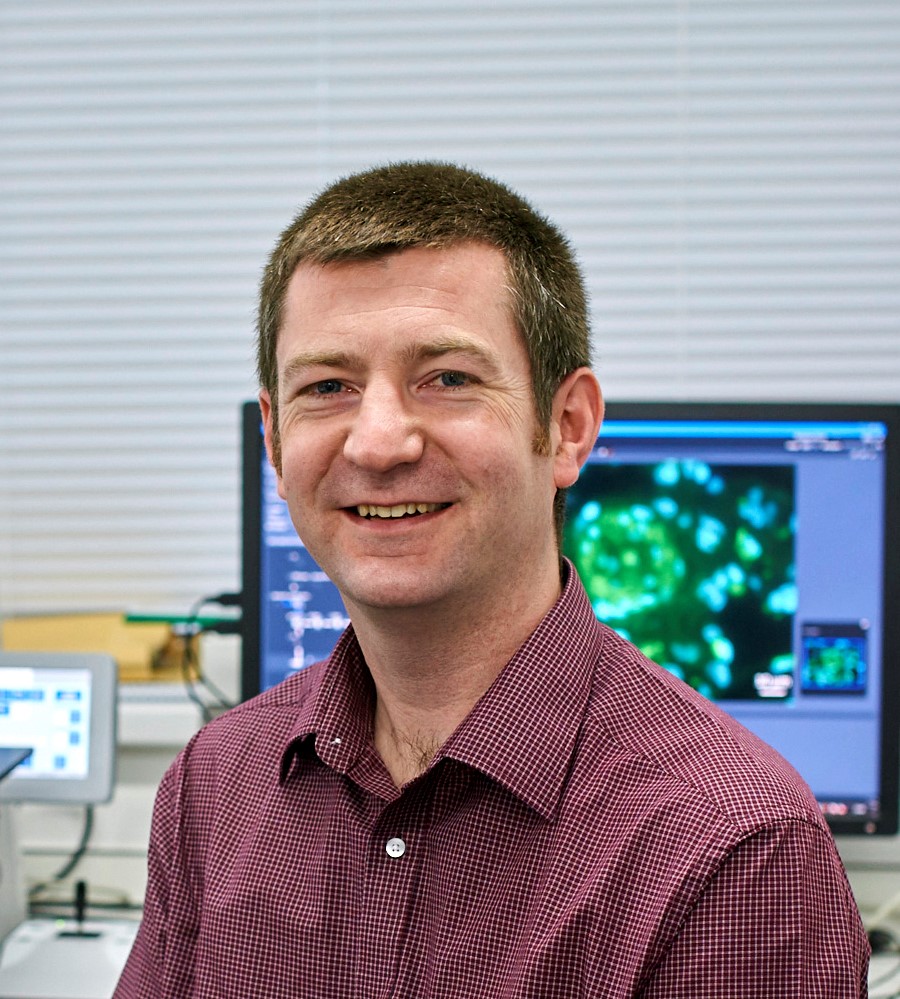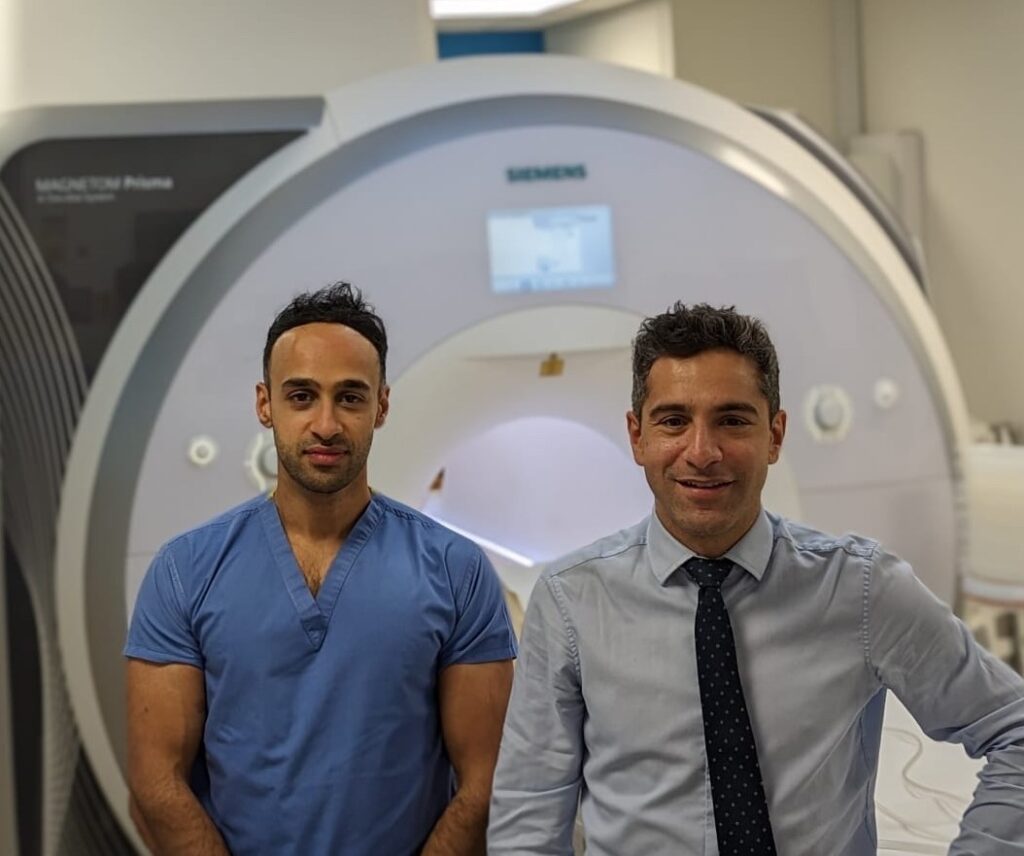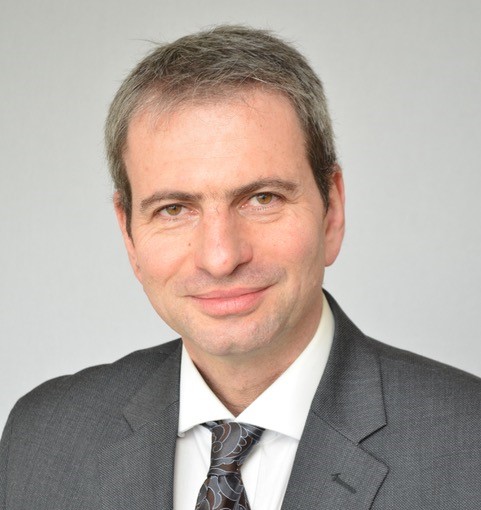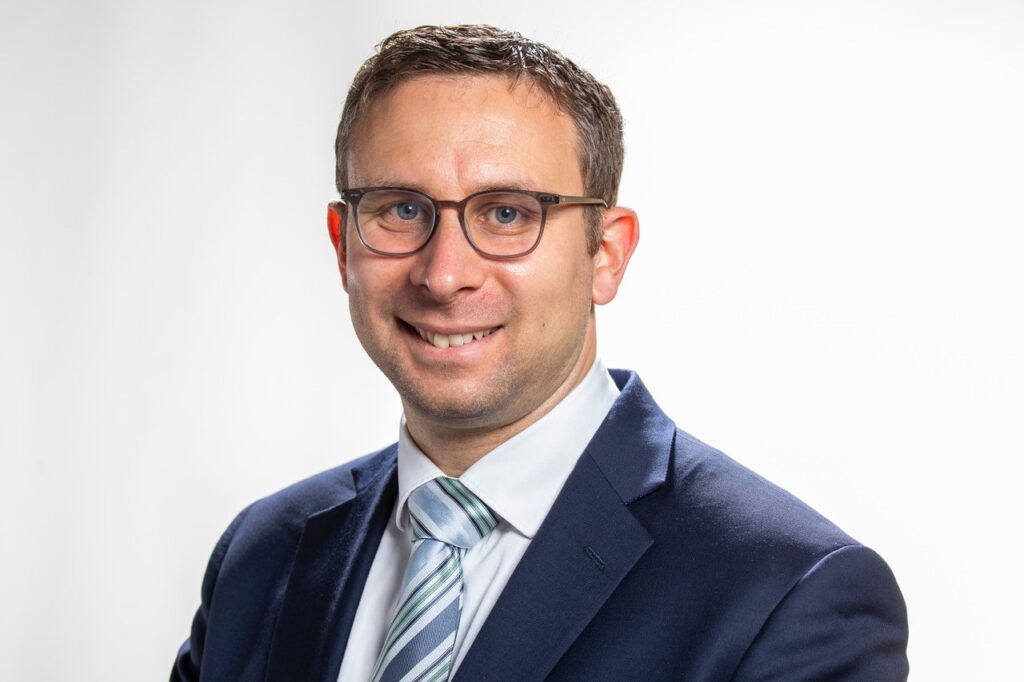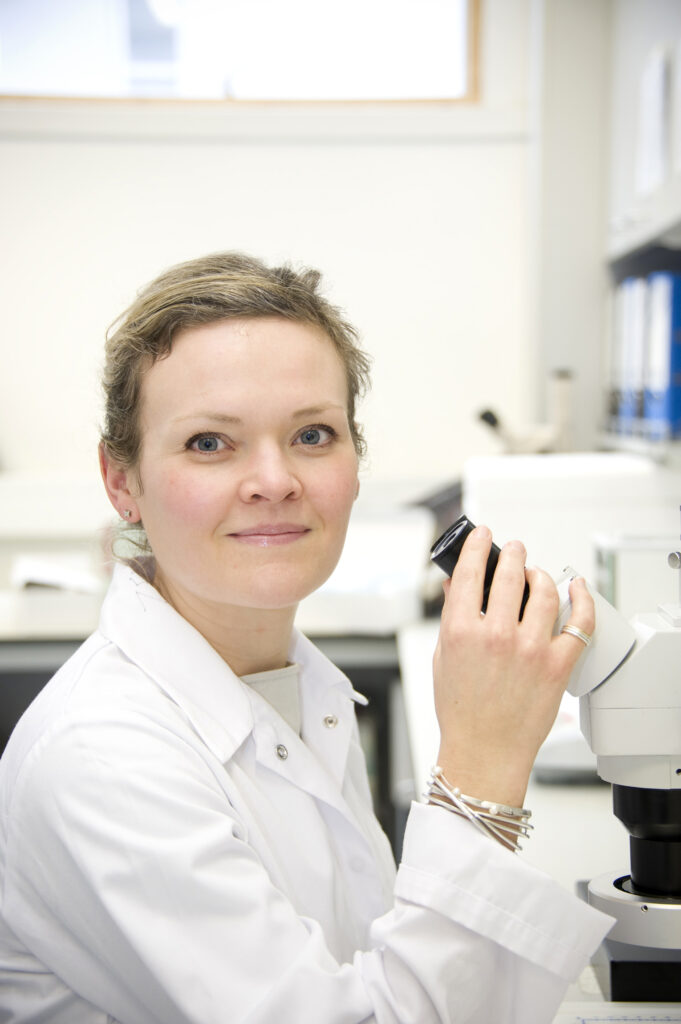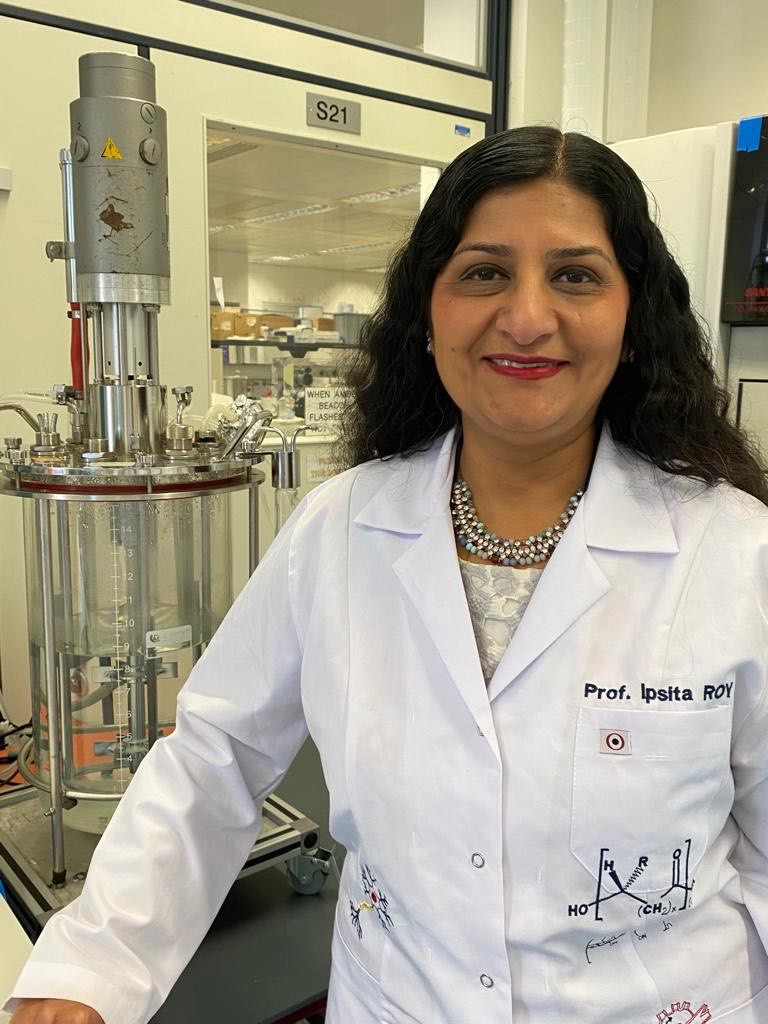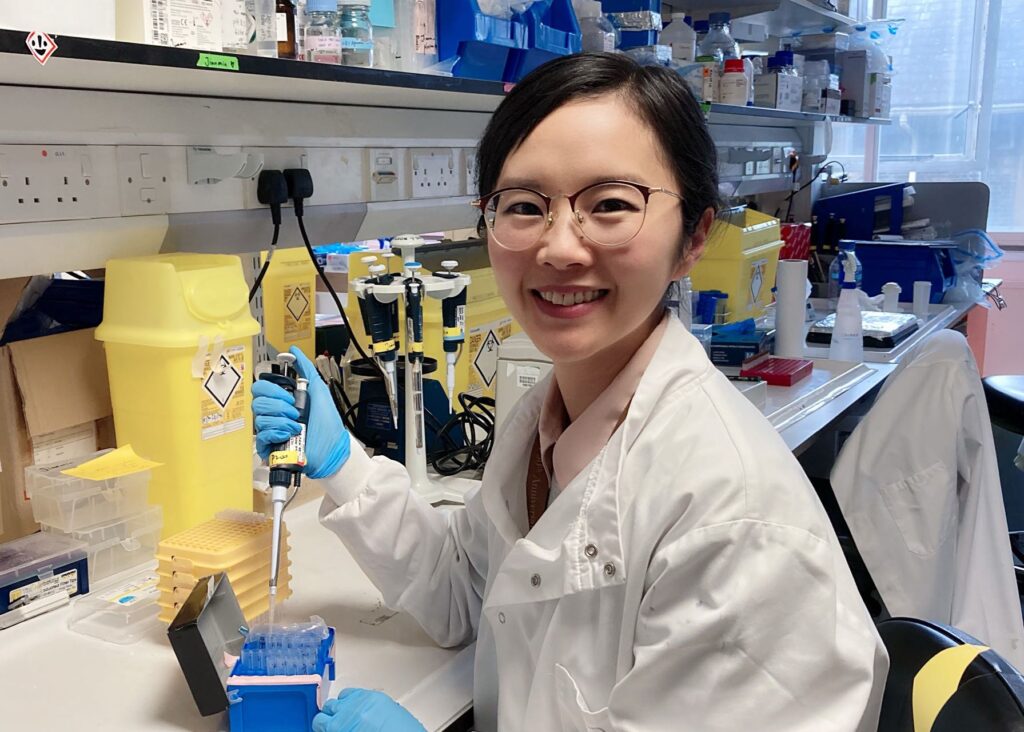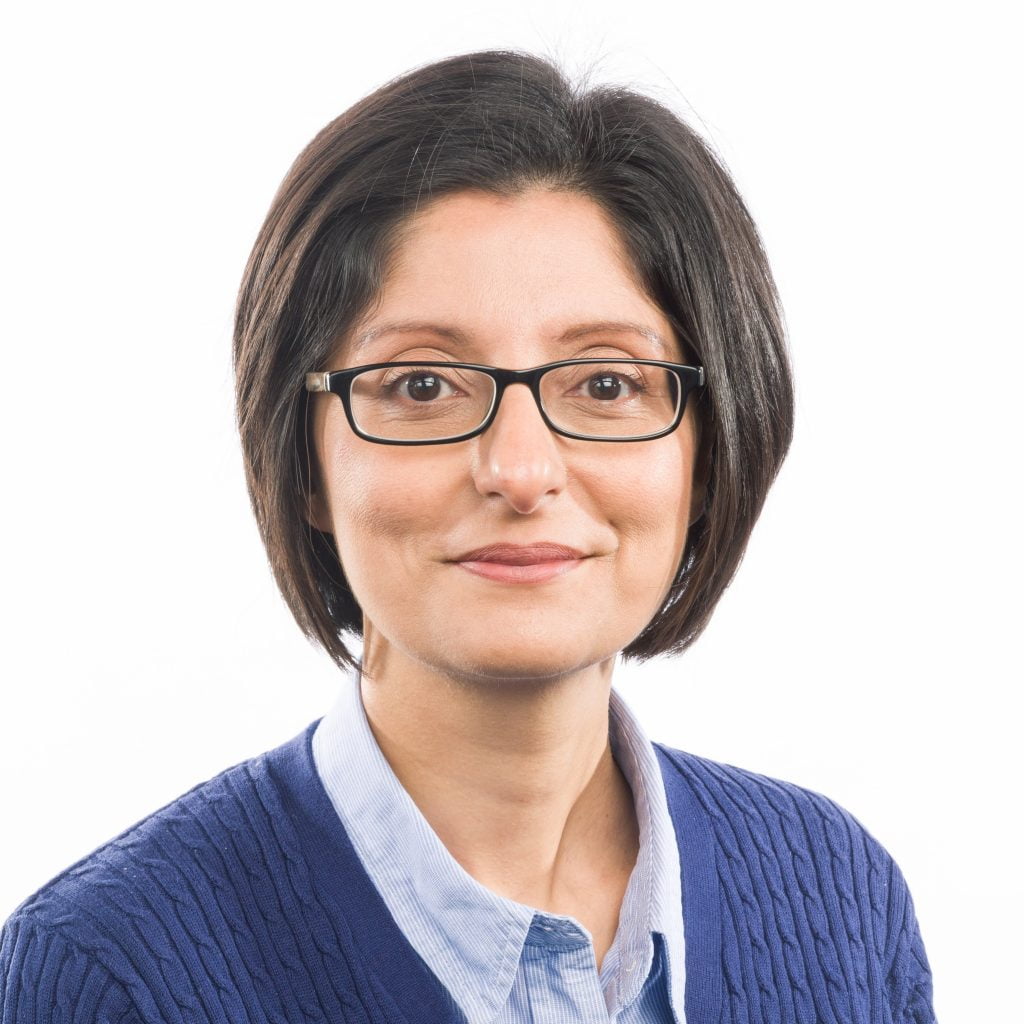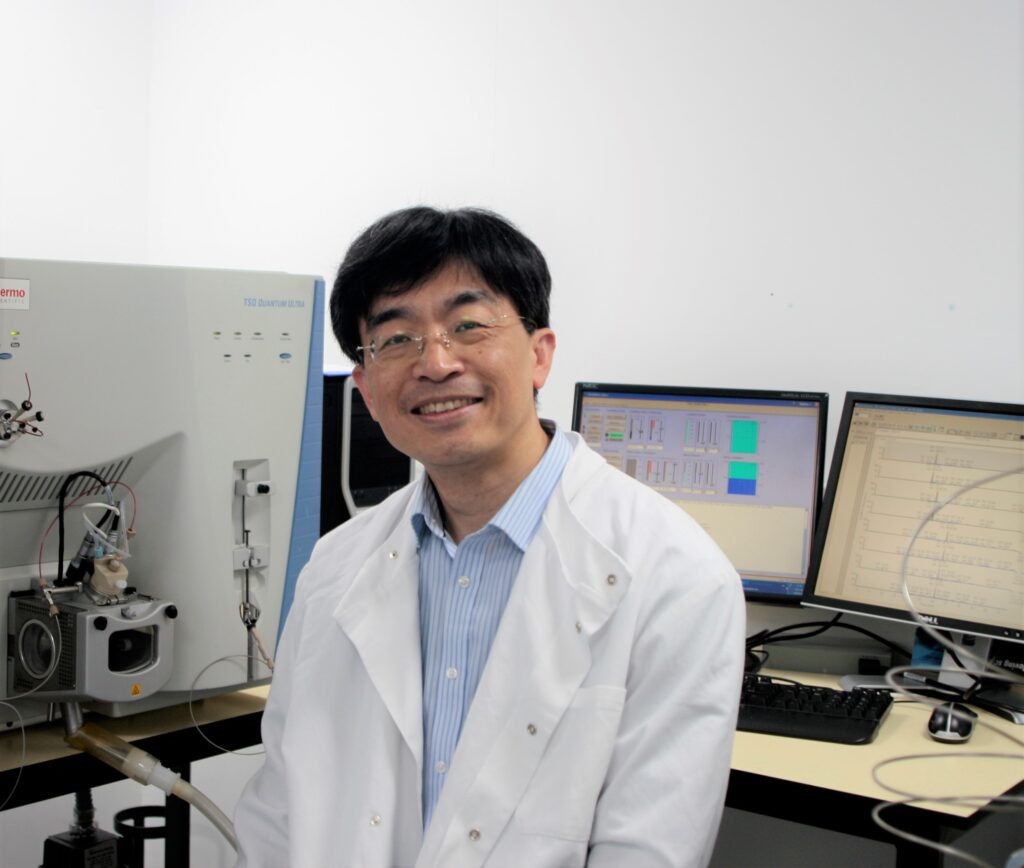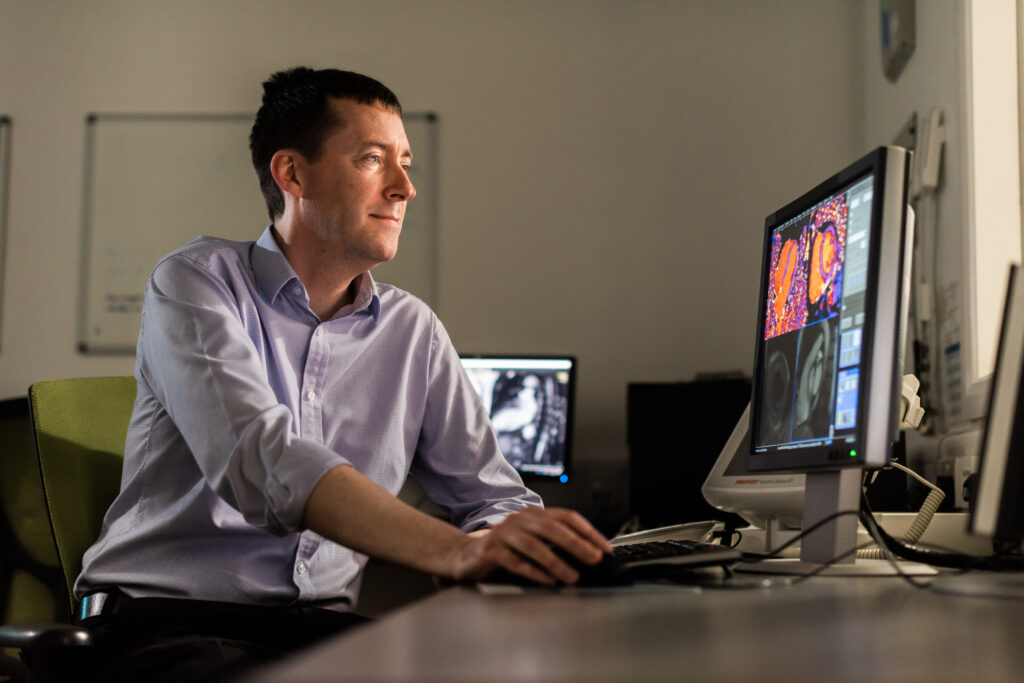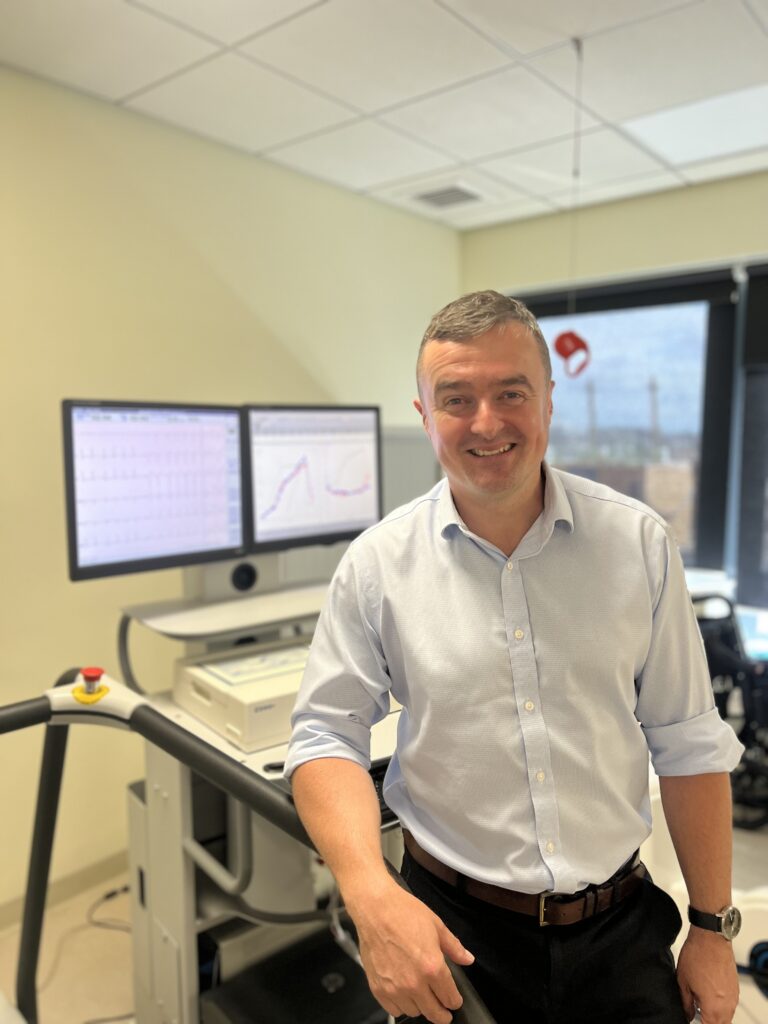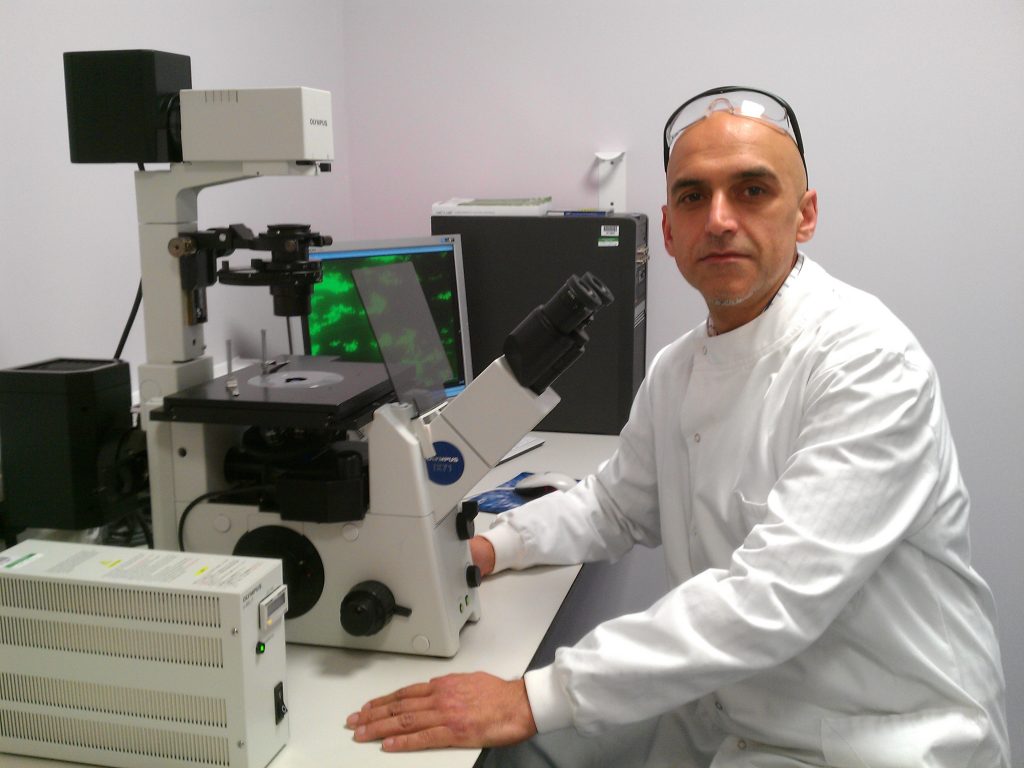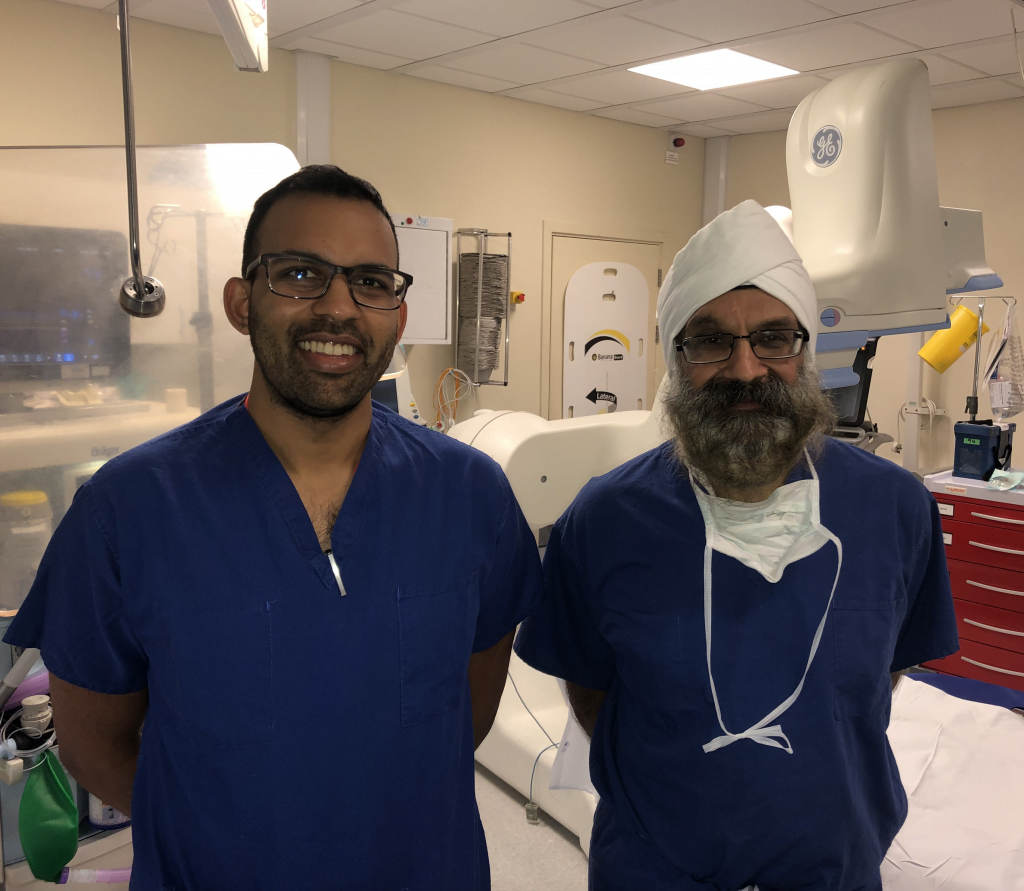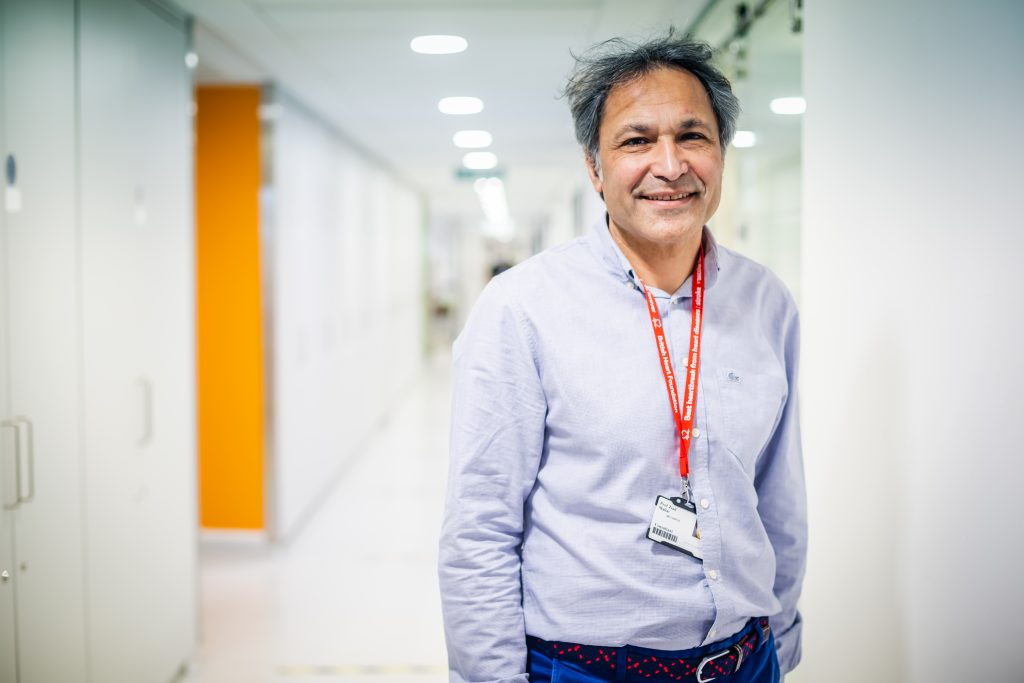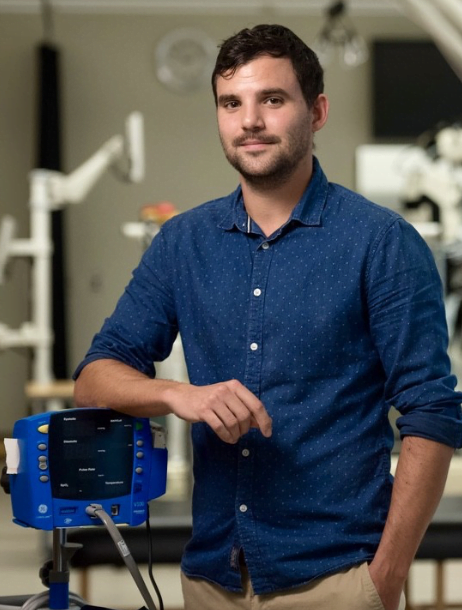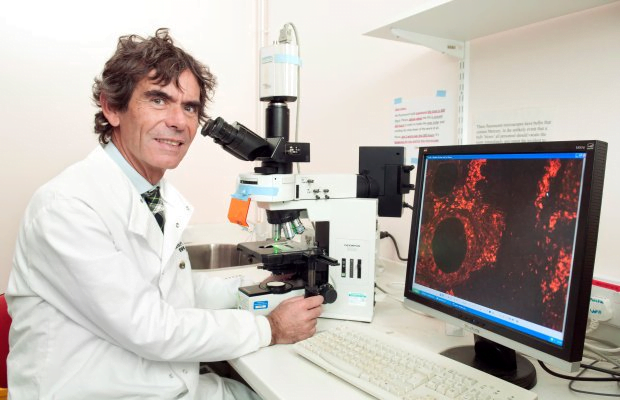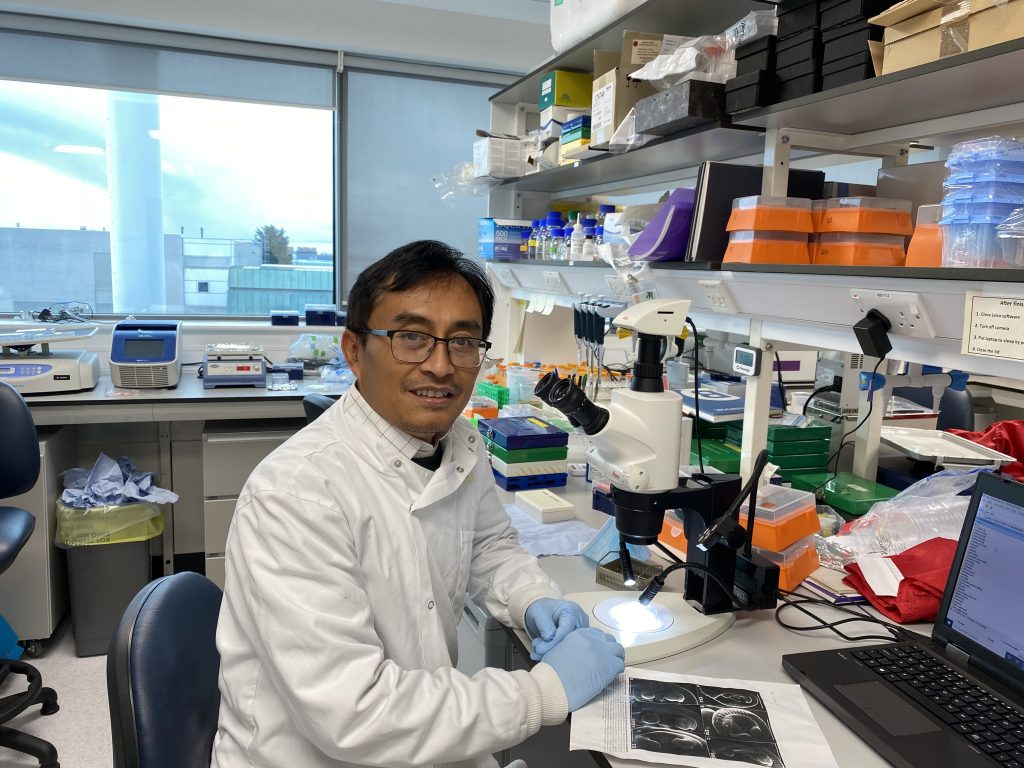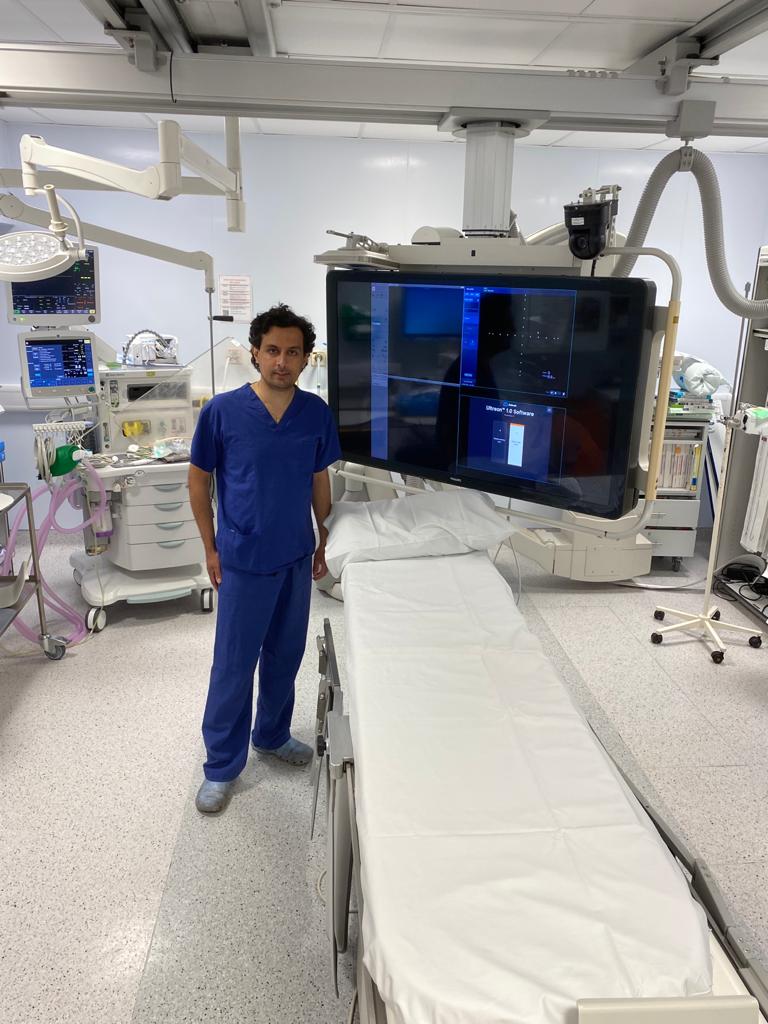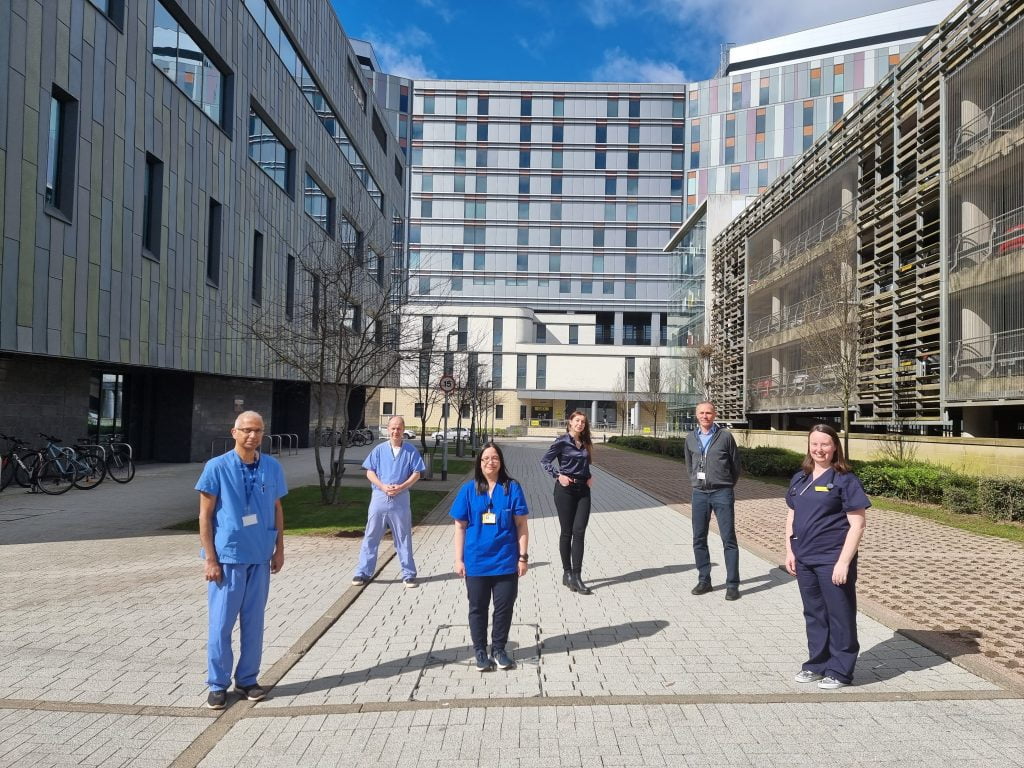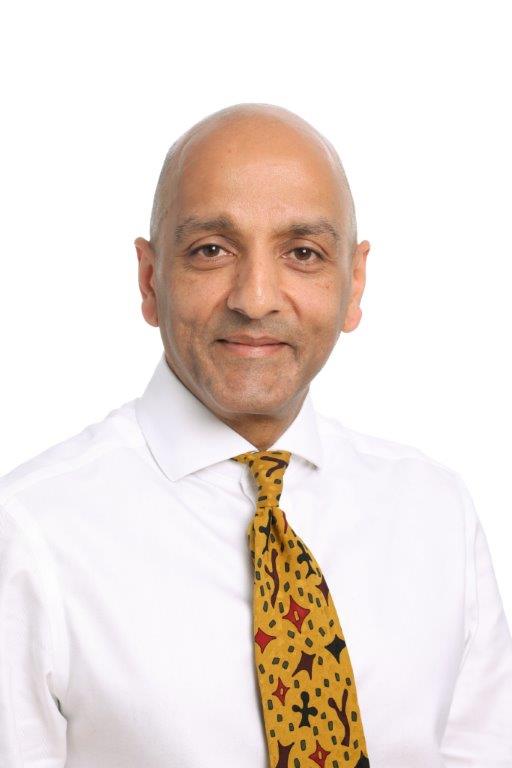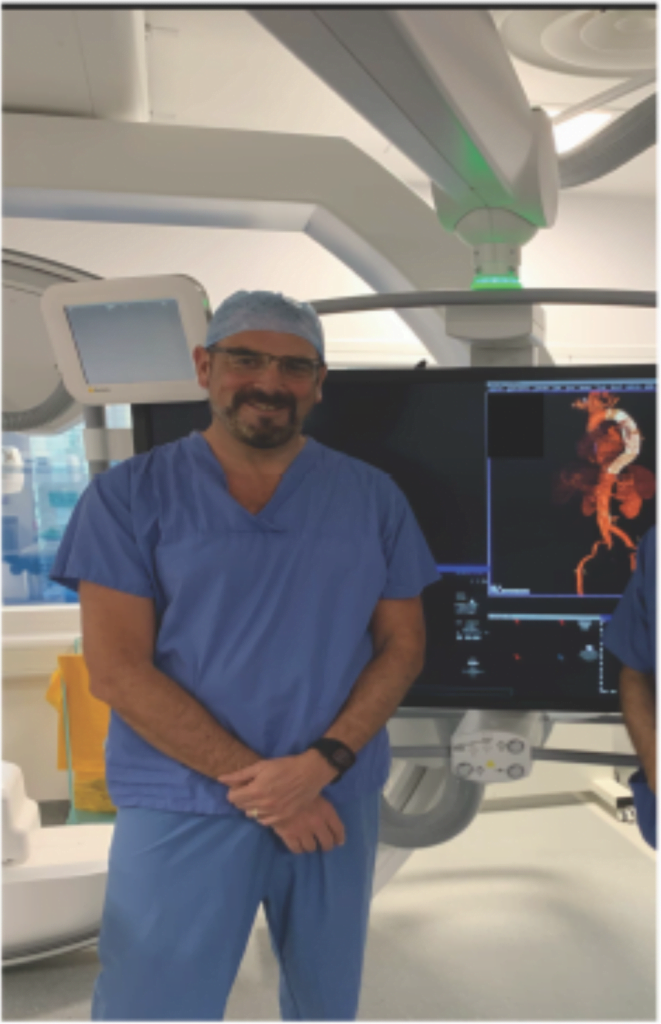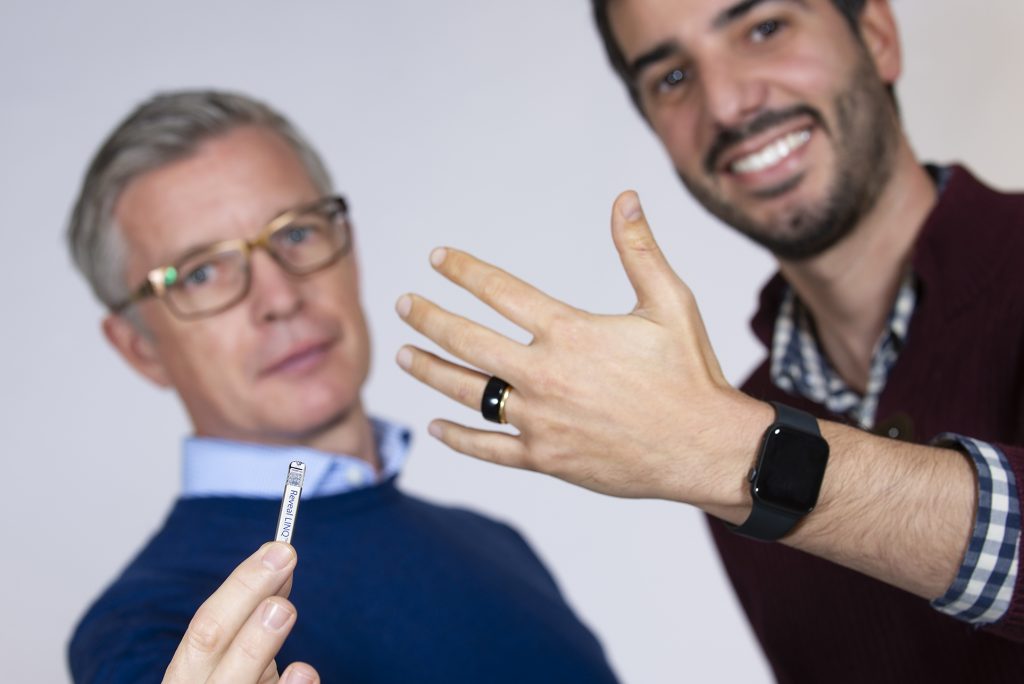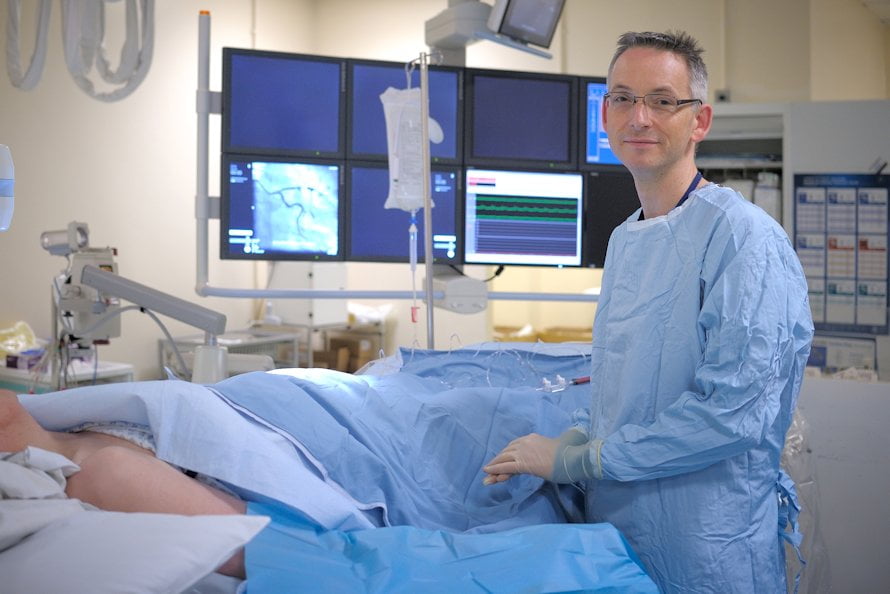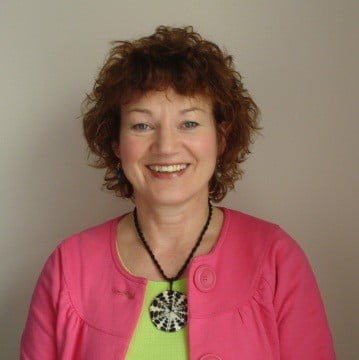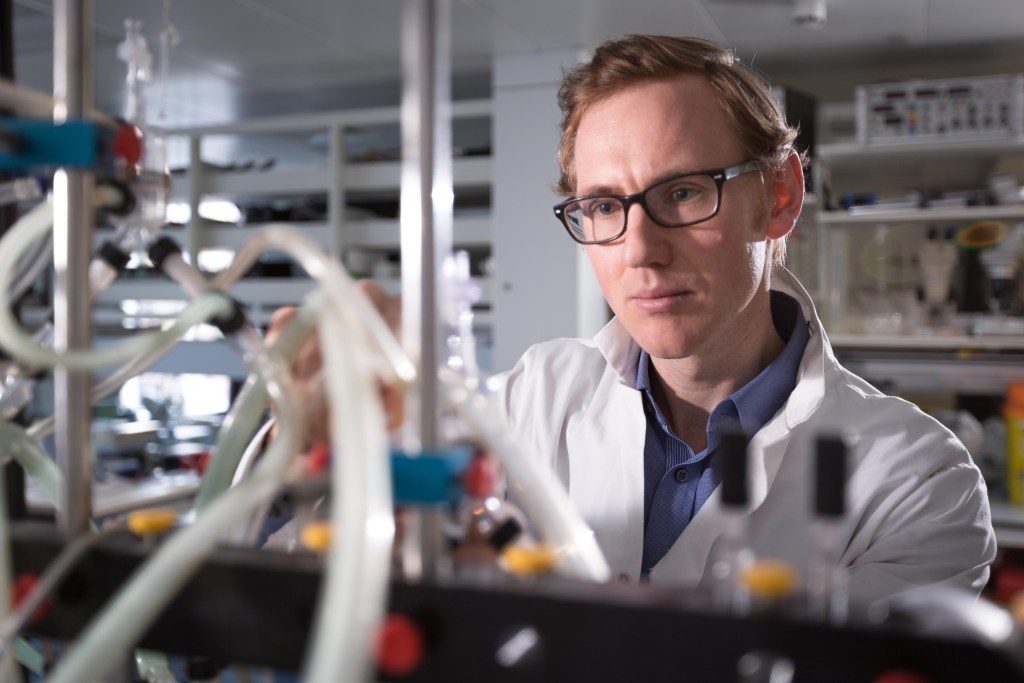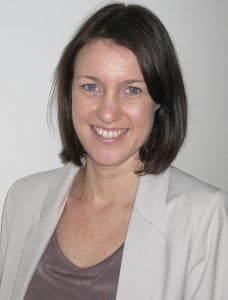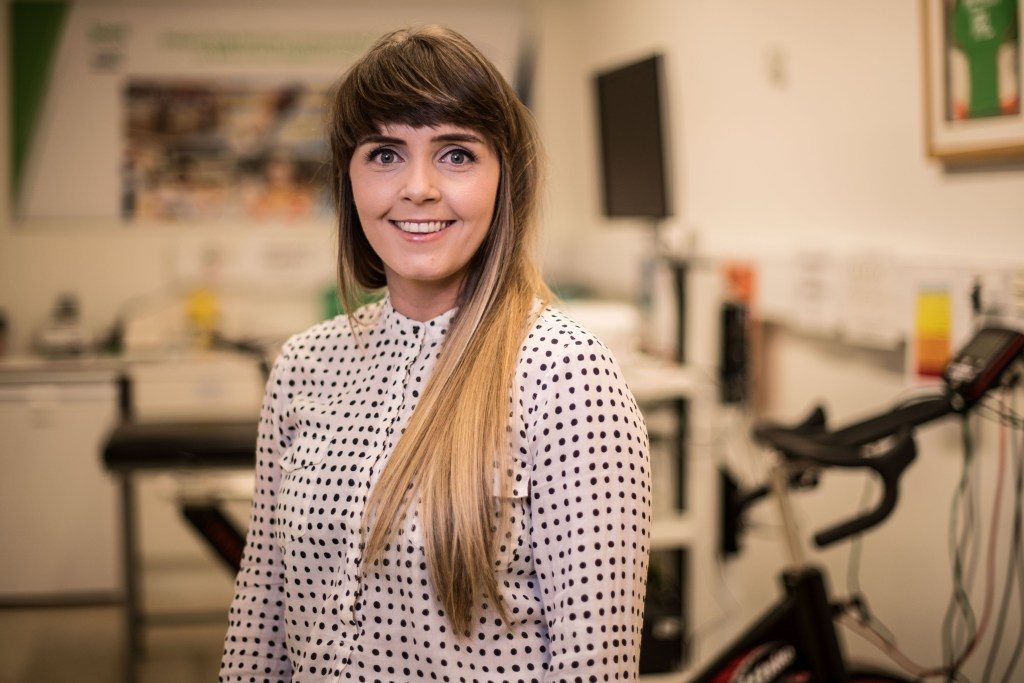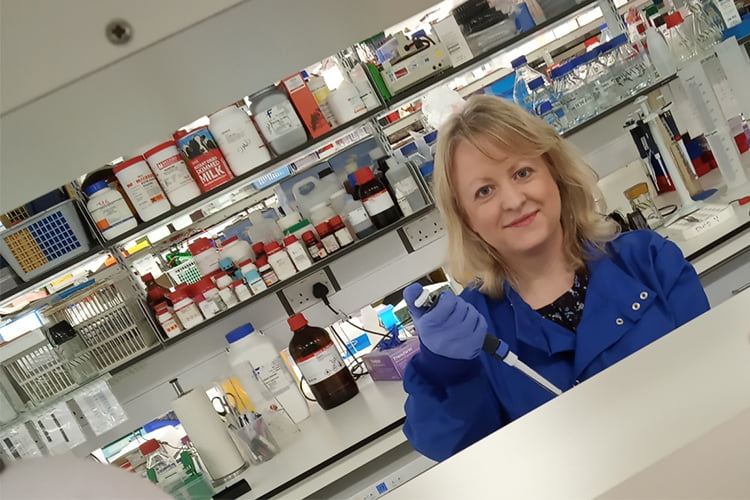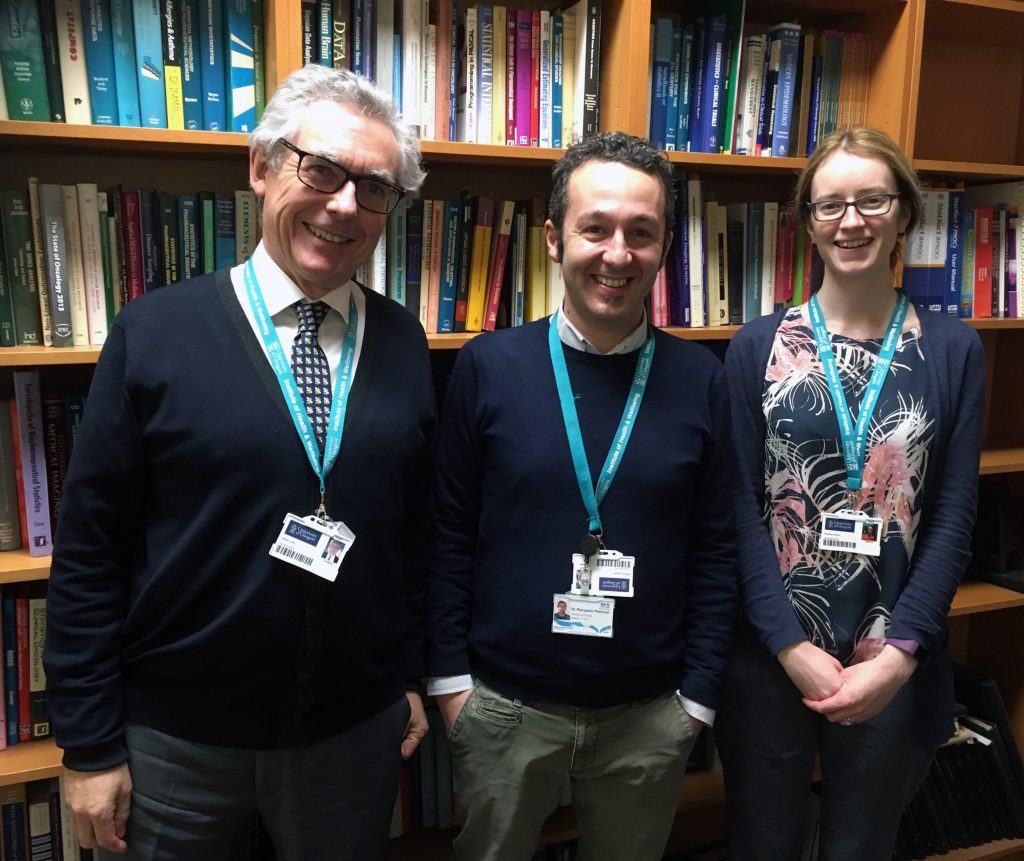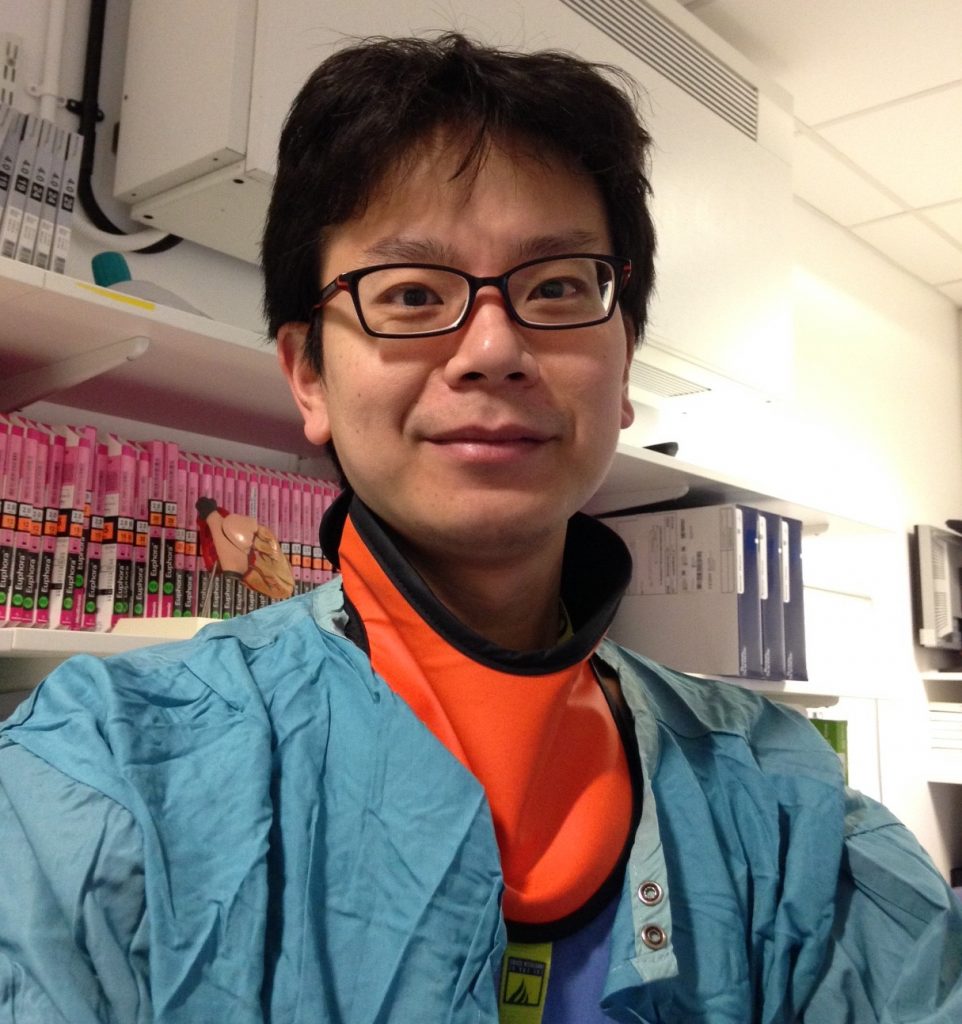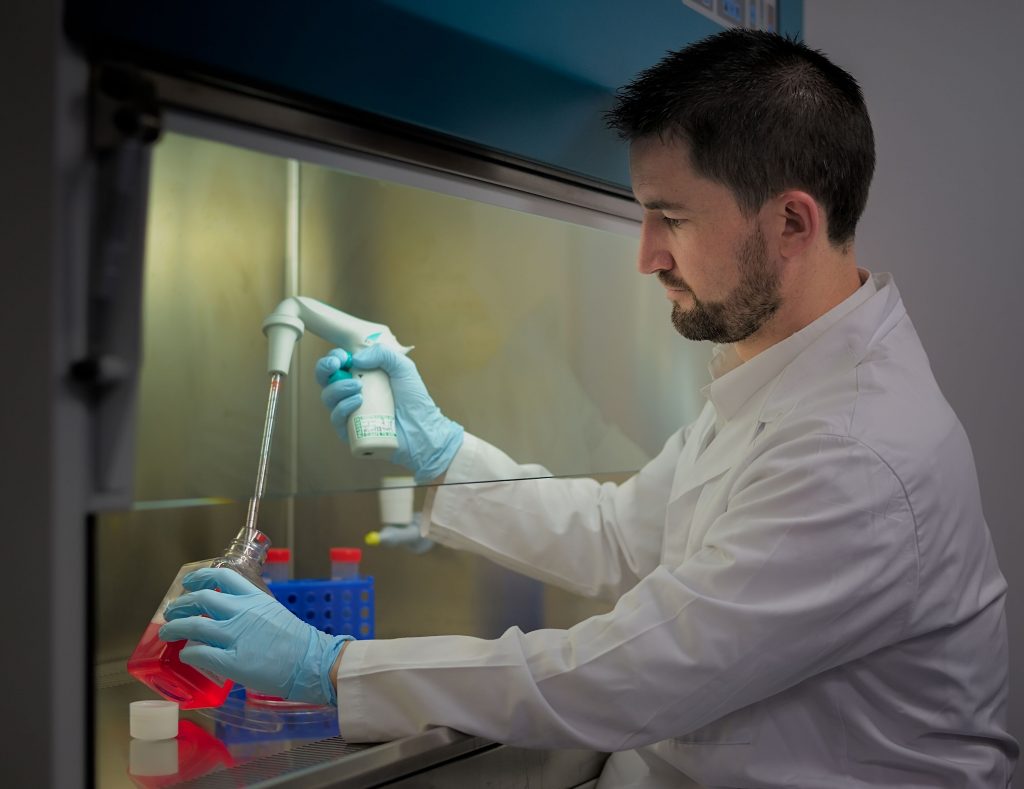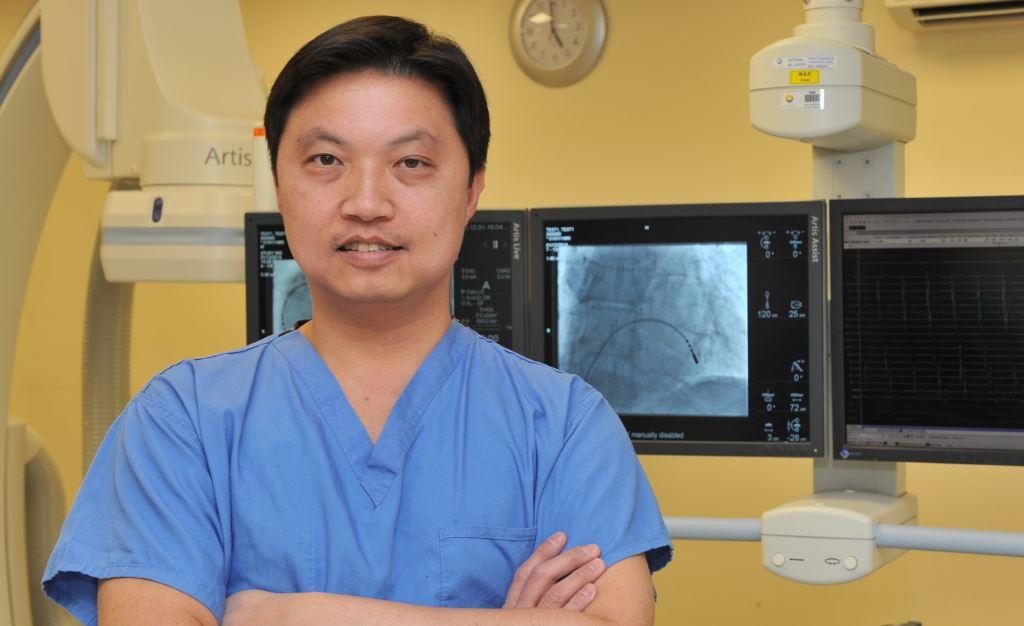Novel and Emerging Technologies (NET) Grant
Professor Helen Jones
Liverpool John Moores University
Amount: £120,149

Summary: Cardiac rehabilitation (rehab) is an important part of recovery after hospital admission for people with coronary heart disease. Its uptake is very low however, and there are often significant delays in starting rehab. Professor Jones’s team aims to use mhealth technology to bridge this gap and use an at home-walking programme to increase uptake of cardiac rehab and improve overall patient wellbeing.
Cardiac rehabilitation is a programme of structured, supervised exercise that is prescribed to people with coronary heart disease (CHD) when they are discharged from hospital. It involves patients attending 1-2 sessions a week at a local hospital or community centre. The benefits of this programme are significant; it improves quality of life, reduces readmission to hospital and the risk of dying from cardiovascular disease. Despite these clear benefits, the uptake of cardiac rehabilitation is low, with only around half of those who are prescribed it attending their sessions. In many cases, there is also a significant delay between discharge from hospital and starting cardiac rehabilitation, which may well be contributing to limited uptake.
Professor Jones and her team aim to provide a bridging solution between hospital and supervised rehabilitation using mobile health technology (mhealth). This would allow people with CHD to start a home-based walking programme as soon as they are discharged from hospital. Using a combination of an app, smartphone and a wearable tracking device, individuals will be able to track their own exercise, whilst receiving advice and feedback from trained exercise professionals, without having to attend the hospital or a community centre. Participants will also be asked to measure their blood pressure, weight and how they are feeling in themselves. The study will involve two groups, one of which will receive standard care, and the other will receive this mhealth intervention. It will then be established whether this technology improves both uptake and overall wellbeing in patients.
Overall, this technology has the potential to improve the uptake of cardiac rehabilitation, aiding the NHS in its long term aim to increase uptake to 85% by 2028. This in turn could improve quality of life and overall outcome for patients with CHD. mhealth technology is a cost-effective and highly accessible form of healthcare which will ultimately allow services to reach those most in need within society who would have previously been allowed to fall through the gaps in care.
